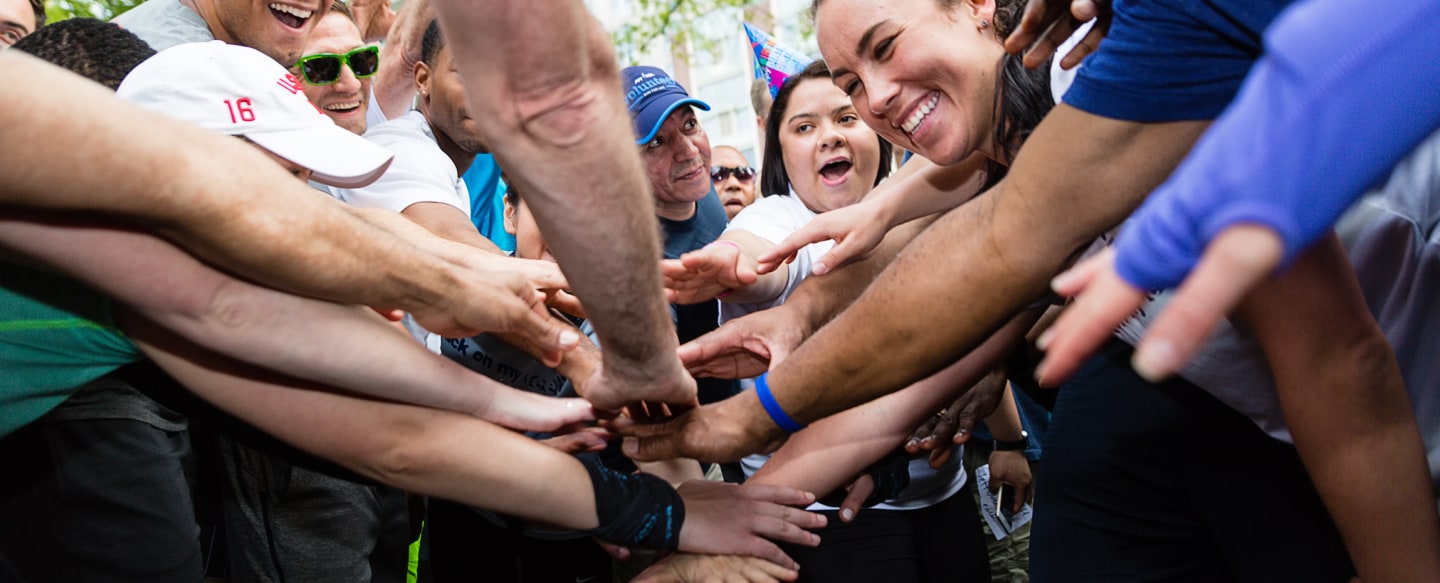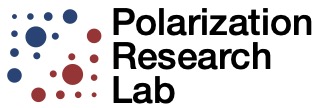Free Speech & Peace

The greatest advances in human progress — personal, social, and scientific — flow from our ability to freely and productively exchange ideas and consider a diverse range of perspectives. A commitment to the preservation of civil liberties, including freedom of speech, assembly, and conscience, is critical to building on the culture of openness that has allowed millions to discover and benefit from a diversity of ideas.
Continuing to benefit from free exchange of ideas begins with a focus on the core principles that drive our civil liberties, but requires equally robust exploration of how to build a culture that enables people to peacefully hold deep difference and allows for productive disagreement.
Understanding the drivers of intolerance and how to mitigate the harm caused by those who respond to disagreement with intimidation and violence empowers people to work together to change the world for the better. We believe that further research and education has the potential to uncover the many manifestations of intolerance and illuminate the path toward a society that respects the moral dignity of all individuals.
Research and Education Priorities
Our Partners
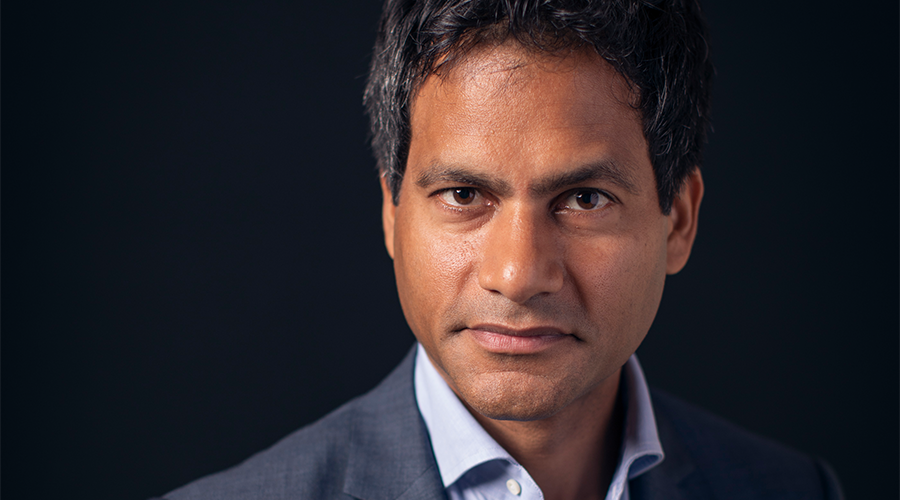
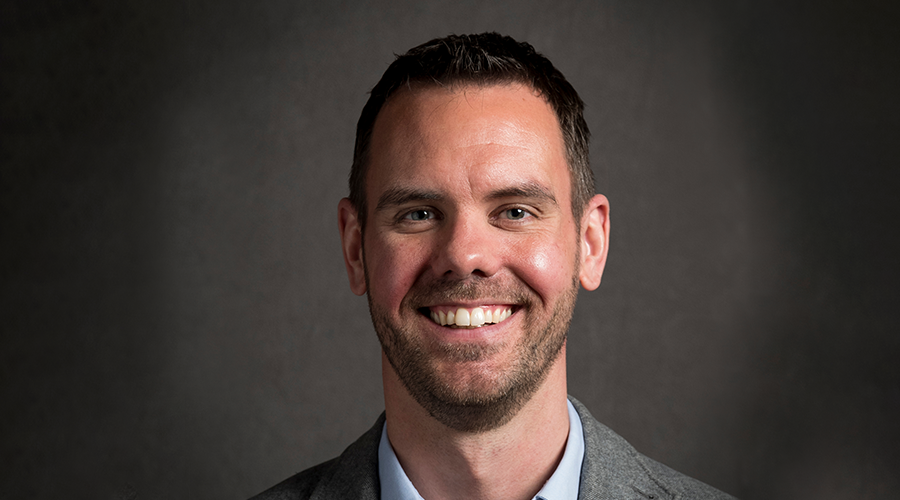
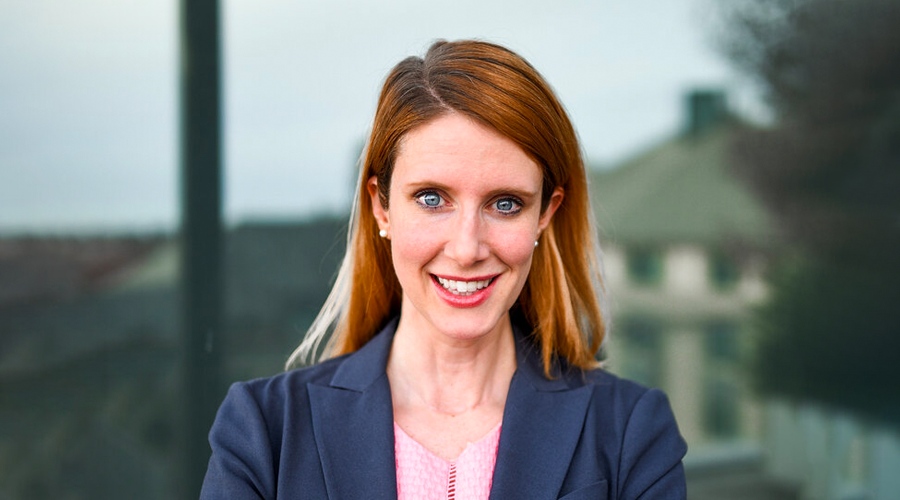
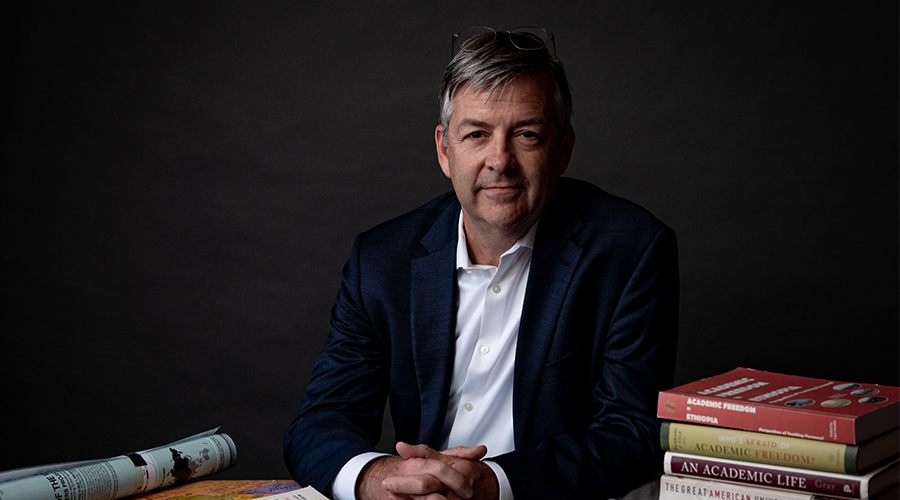
Jameel Jaffer
Kurt Gray
Juliana Schroeder
Robert Quinn
Partner with us to better understand our differences and propose solutions.
We form partnerships based on a shared vision and complementary capabilities, bringing our network, knowledge, research, and more to every relationship.








